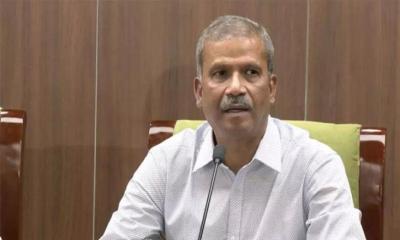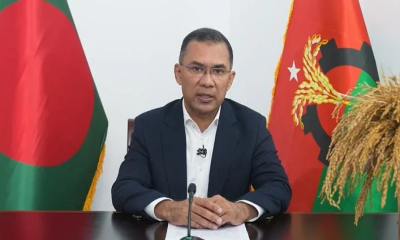I am hearing from many quarters that Muhammad Yunus should become the President of Bangladesh and should continue to hold the office after a political government assumes power in the next general election. With an individual with the stature of Nobel laureate Muhammad Yunus holding the presidency, the next political government would be accountable to a symbolically powerful presidency.
There are growing calls for Mohammad Shahabuddin (also known by his Bangla nickname Chuppu) to resign from the presidency. Among those clamoring for his exit is his own Law Adviser Asif Nazrul. Pro-BNP lawyers have also called for the president’s resignation. Hence, the question arises as to who will succeed him.
Moreover, the interim government will be in place for a prolonged period. That is what the people demand. The people of Bangladesh have lost faith in political parties. A provisional legal framework in the form of an Interim Government Ordinance is being prepared for enactment. This will serve as a mini-constitution to govern the transition while the reform process for the Constitution of Bangladesh gets underway.
Under the Constitution, the Speaker of Parliament has to step in as Acting President in the event of a president’s resignation, death or incapacity to hold office. Bangladesh currently does not have a Speaker of Parliament. There is also no parliament after the dissolution of the 12th parliament after the fall of Sheikh Hasina.
The President invited considerable controversy this week with his comments in an interview with Manabzamin Editor Matiur Rahman Chowdhury. Shahabuddin claimed to have no documentary evidence of Sheikh Hasina’s resignation, even though he took to the airwaves on the night of 5 August to announce to the nation that Sheikh Hasina had resigned. Journalists in the Bangladeshi media are demanding to see the resignation letter of Sheikh Hasina. The fact of the matter is that Sheikh Hasina did not opt for a conventional transfer of power. The Law Adviser has deemed the President unfit to hold office because of his U-turn on the matter of Sheikh Hasina’s resignation. Does the pro-Awami League President now believe that Sheikh Hasina is somehow still the Prime Minister of Bangladesh? If so, people will call into question his mental capacity and fitness to hold office.
In the past, Article 48 of the Constitution was suspended during martial law to allow the elevation of a Chief Justice to the presidency. In the current scenario, we can hypothetically assume that Chief Adviser Muhammad Yunus can be elevated to the presidency in the event of Mohammad Shahabuddin’s resignation. Alternatively, we can consider a different candidate for the post, such as the first woman president.
Bangladesh operated a semi-presidential system during the Liberation War in 1971 and between 1975 and 1991. The presidential system was introduced by the Awami League, first in 1971 and for the second time in 1975. The BNP and Jatiya Party also governed under presidential systems in the 1970s and 1980s. There are widespread demands to increase the powers of the presidency to keep in check a future elected political government. For that to happen, we need a responsible president.
Umran Chowdhury works in the legal field. This article originally appeared in the author’s substack.


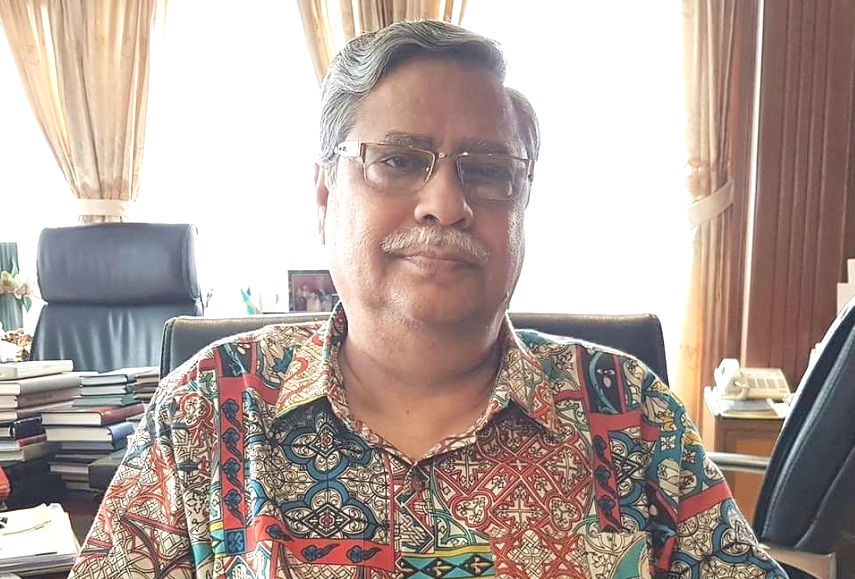

-20251228011000.webp)

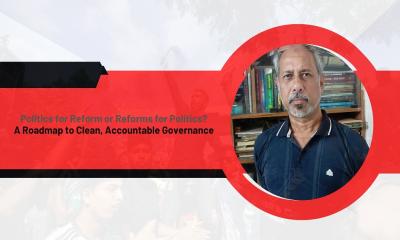



-20260216115008.webp)






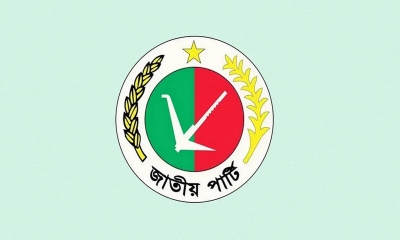
-20260216055149.webp)





